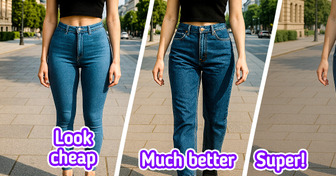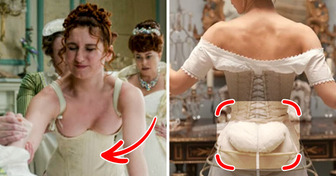Jenna Ortega Reveals a Bold New Look — But One Detail Sparks Controversy and Divides People

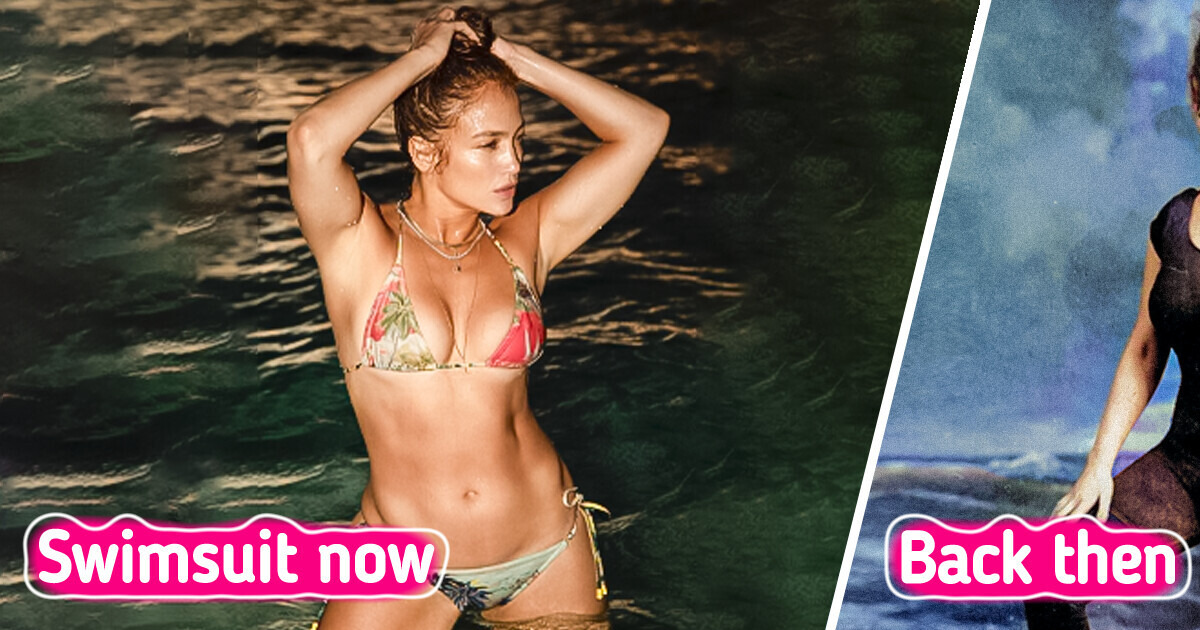
The way many products appear today is the result of centuries of evolution. Disposable menstrual pads, for example, didn’t just appear overnight; their design has undergone significant changes over time, from initial versions that were less comfortable and more cumbersome. We’ve explored the history of some female-focused products and are sharing 8 fascinating stories about their evolution that you might find intriguing.
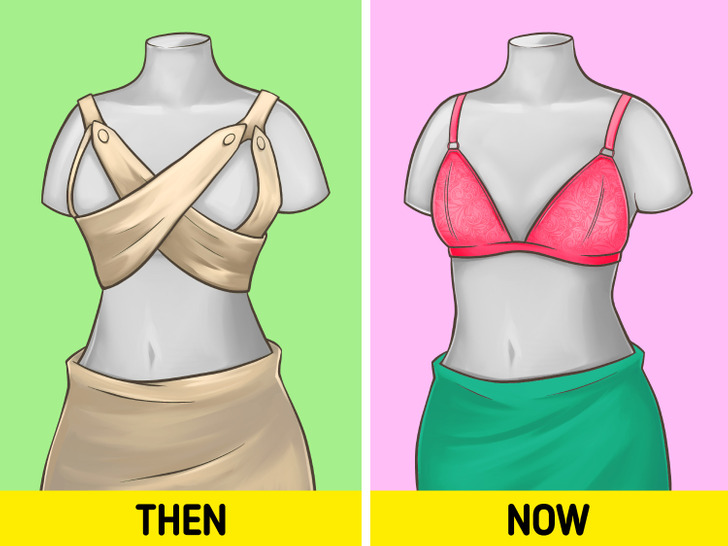
Researchers discovered the prototype of modern bras in an Austrian castle, dating back around 600 years. The evolution of the bra has been a lengthy process, with numerous vintage illustrations showing how women supported their breasts over time. One such illustration depicts a ribbon of fabric wrapped around the chest and fastened with buttons.
As corsets fell out of fashion, Marie Tucek from New York invented a “breast supporter” as a modified alternative. This device featured a metal plate and cardboard, shaped to fit against the torso below the breasts. The base was covered with silk or another fabric and extended above the plate to create a pocket for each breast, curving around the torso and ending near the armpits.
The first mascara can be documented in Ancient Egypt. It was a substance called kohl that was used to darken eyelashes, eyelids, and eyebrows to ward off evil spirits by both men and women.
The substance was made of galena, malachite, charcoal or soot, and saliva.
Historically, stockings, known as hose in the twelfth century, were worn by men. Before the sixteenth century, these stockings were crafted from woven or sewn cloth.
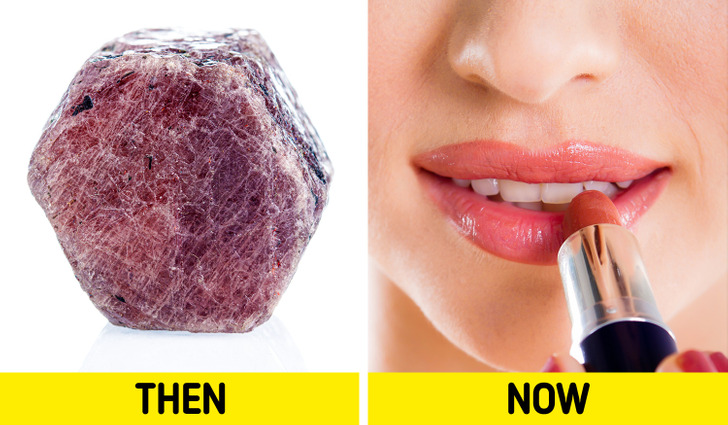
Platformed footwear dates as far back as Ancient Egypt. At first, they were in the form of very thick-soled sandals used to indicate upper-class status. Additionally, the Persian cavalry wore high-heeled shoes. It was a kind of boot that had heels to ensure the feet stayed in the stirrups, giving the rider more security.
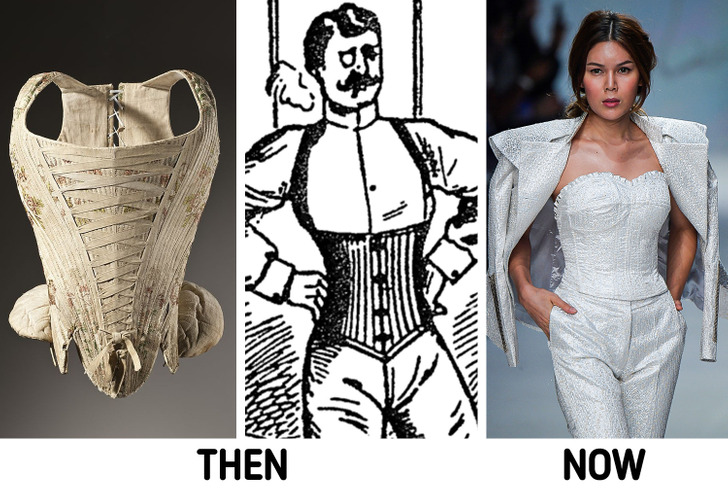
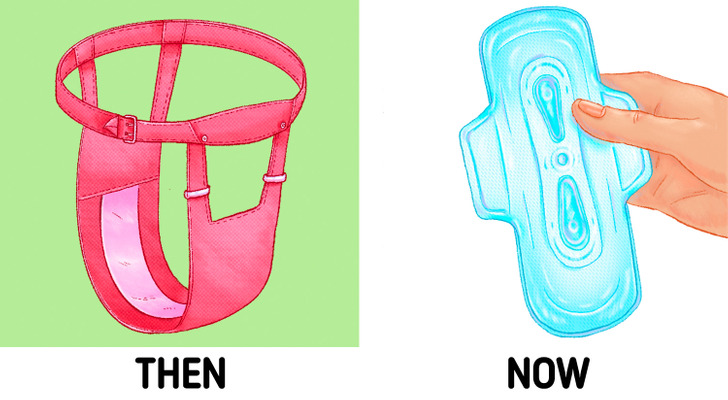
The first disposable pads were generally produced as a cotton wool rectangle covered with an absorbent liner. The ends were extended in the front and back so as to fit through loops in a special girdle or belt worn beneath undergarments. The pads were not very convenient because of slipping forward or backward.
In the 18th and 19th centuries, women wore long, dense fabric dresses with weighted hems for bathing in bodies of water. This design prevented the dresses from becoming transparent or floating up. Over time, swimsuits evolved into garments that covered from the shoulders to the knees, with leggings worn underneath.
In the 20th century, there was a trend toward reducing the coverage of swimsuits. Initially, swimsuits exposed the arms and legs, followed by the introduction of cut-outs, and eventually the division of the swimsuit into a separate top and bottom. Despite these changes, one-piece swimsuits remain popular today.
Be sure to check out our other article, where we highlight outdated beauty standards that modern women should stop worrying about.


